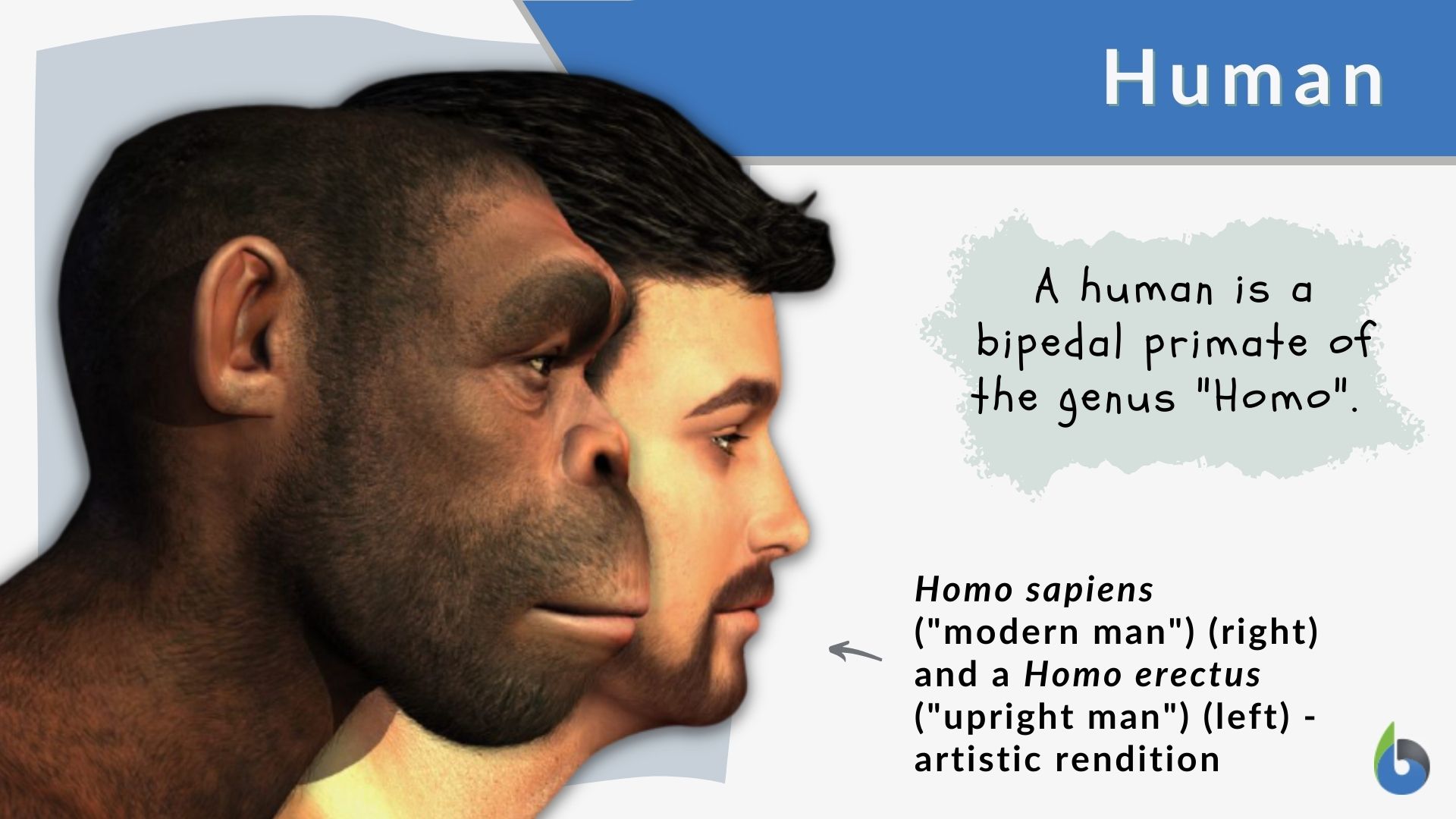The exploration of human sexuality encompasses a myriad of dimensions, from biological imperatives to cultural narratives. Within the context of Baha’i teachings, the approach to sexuality is not merely a matter of procreation or physical pleasure; it is a holistic view that intertwines ethical considerations, spiritual growth, and community well-being. This discourse aims to elucidate the Baha’i perspective on human sexuality, examining its implications on individual conduct and societal progress.
At the core of Baha’i teachings is the belief in the sanctity of human life and the integral role of sexuality within it. The Baha’i Faith posits that human beings are endowed with a divine purpose. The complexities of human sexuality are thus perceived as an essential aspect of this purpose. It is crucial to recognize that sexuality is not a mere biological function but a profound expression of the self, which necessitates a respectful and responsible framework for its expression.
One major tenet of Baha’i teachings is the principle of moderation. This foundational concept advocates for a balanced approach to all aspects of life, including sexuality. Excess or deficiency in sexual expression can lead to discord and personal turmoil, displaying the need for a harmonious balance. Baha’is are encouraged to cultivate a mindset of moderation, viewing sexual relations as a sacred act that should be approached with reverence and moral integrity.
Furthermore, the Baha’i understanding of marriage amplifies the significance of sexuality within the confines of a committed partnership. Marriage is considered a sacred covenant, where two individuals unite not only for companionship but also for mutual spiritual enhancement. The relationship is imbued with the potential for profound growth—both emotionally and spiritually—providing a safe space for the exploration of sexual intimacy. This elevates the act of consummation beyond physicality, positioning it as an avenue for fostering unity and deepening the bonds of affection.
The Baha’i perspective also emphasizes the necessity of consent and mutual respect. In this spiritual framework, healthy sexual relations must be predicated on the principles of equality and mutual understanding. Such reciprocal interactions reflect the Baha’i advocacy for the rights and dignity of every individual. This not only encompasses the respect for one’s partner but extends to the acknowledgment of personal boundaries and autonomy, crucial elements in nurturing a sustainable and healthy relationship.
Moreover, the Baha’i teachings address the spectrum of human sexuality with compassion, recognizing the diverse experiences and identities of individuals. Baha’is reaffirm the belief that all people, regardless of sexual orientation or identity, possess inherent worth and dignity. Discrimination or prejudice against individuals based on their sexual orientation is fundamentally opposed to Baha’i principles. In this light, inclusivity and understanding are paramount, fostering a community where each individual can contribute to the collective endeavor of advancing humanity.
Additionally, Baha’i teachings encourage a comprehensive understanding of sexuality through education. Knowledge is seen as a vital instrument in dispelling misconceptions and fostering healthy relationships. Baha’is are urged to engage in discussions that promote awareness, understanding, and the recognition of complex societal issues related to sexuality. This educational approach empowers individuals to navigate their own sexual identity with confidence while fostering respect for others’ experiences.
Addressing the subject of sexuality requires a nuanced understanding of cultural influences. The Baha’i Faith promotes the idea that our cultural contexts play a significant role in shaping attitudes towards sexuality. Baha’is are encouraged to critically engage with societal norms, discerning those that align with spiritual values and those that undermine human dignity and respect. By cultivating a discerning mindset, individuals can transcend cultural limitations and embrace a vision of sexuality that is both progressive and in harmony with Baha’i teachings.
The impact of societal expectations on human sexuality should not be underestimated. There lies a captivating juxtaposition between societal pressures and individual autonomy when it comes to sexual expression. Baha’i teachings instill an understanding that while societal norms can influence personal choices, one must remain steadfast in their convictions. The balancing act between adhering to collective societal values and honoring one’s personal beliefs represents a critical journey for every Baha’i.
In conclusion, the Baha’i perspective on human sexuality is multifaceted, grounded in principles of unity, respect, and moral integrity. It presents a vision where sexuality is understood as a sacred element of human experience, at once a source of joy and a powerful means for personal and communal development. The teachings advocate for an approach characterized by moderation, mutual respect, and inclusivity, emphasizing the importance of education and ethical conduct. This nuanced framework provides Baha’is with the tools to navigate the complexities of human sexuality while remaining true to their spiritual principles. The exploration of this subject, therefore, is not just an inquiry into human behavior but a quest for deeper understanding and a commitment to elevating the human spirit within the context of divine guidance. Thus, the dialogue surrounding human sexuality within the Baha’i Faith continues to evolve, calling upon its adherents to embody the principles of love, respect, and unity in all aspects of life.
